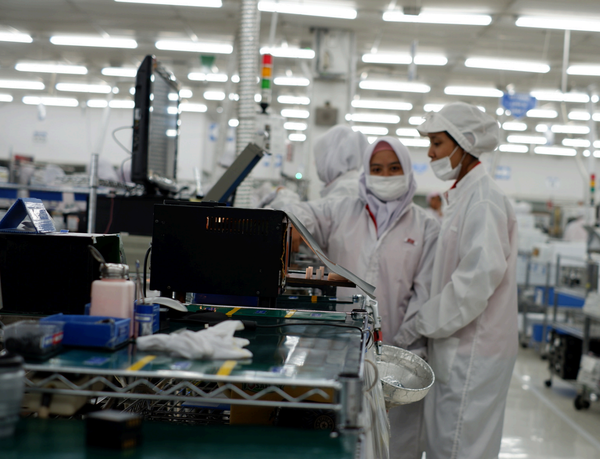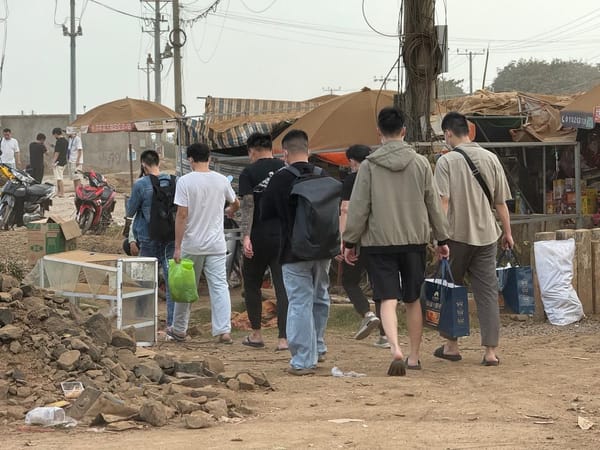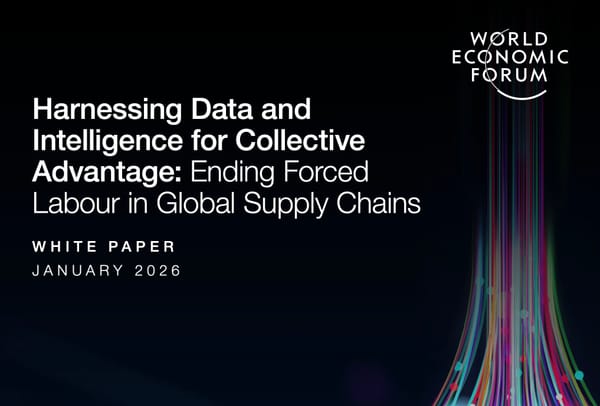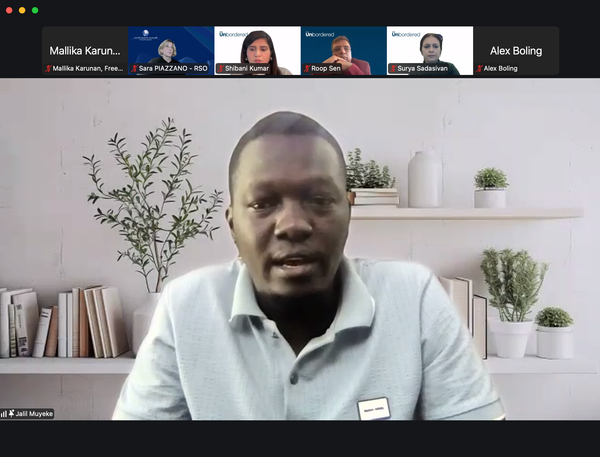Grassroots groups advocate for reform to empower India’s marginalized communities
Cross Global and other CSOs in India combine direct support with policy engagement to fight exploitation, Texas reclassifies trafficking as a first-degree felony, and crypto companies freeze assets connected to online fraud.
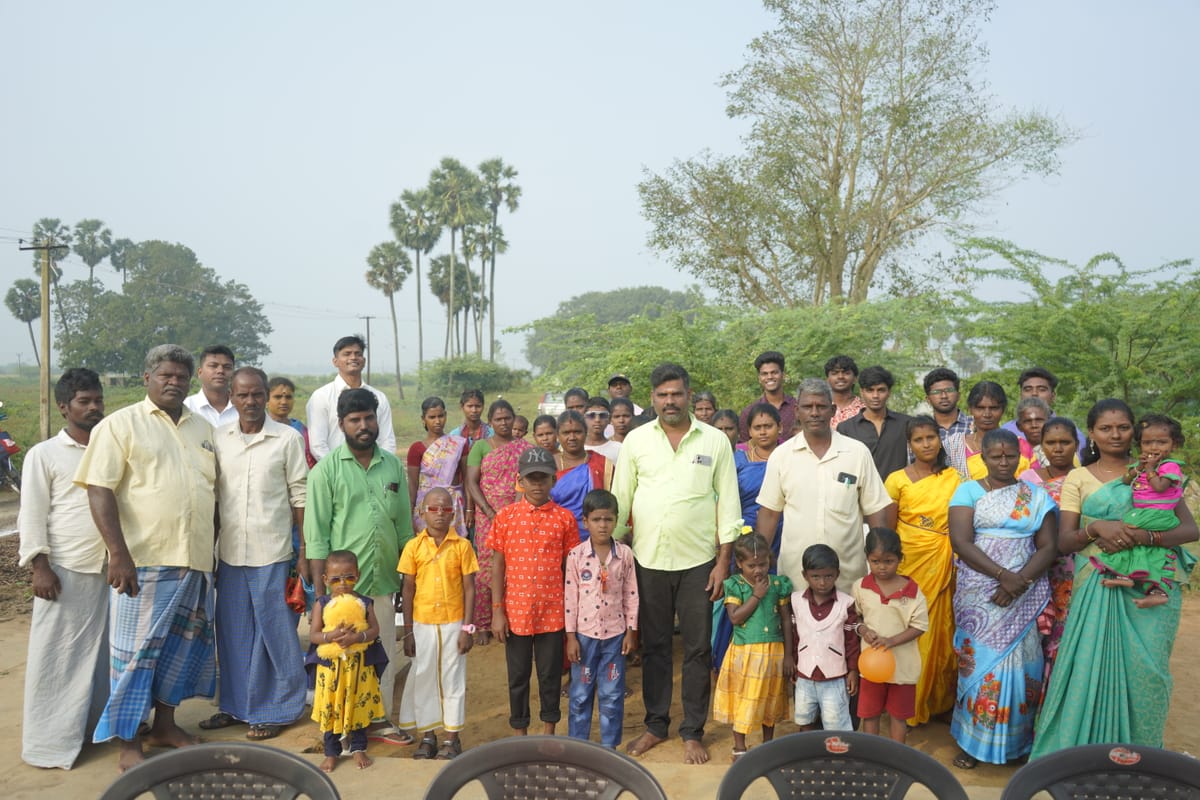
Thousands of people in India are currently exploited through human trafficking and bonded labour – an injustice that hits Dalits and other marginalized tribal groups hardest as centuries of entrenched caste discrimination heightens their vulnerability. Often socially and geographically isolated, with limited access to education and public services, such communities are at greater risk of coercion and abuse.
These challenges are further compounded by systemic weaknesses in the justice system – cases involving bonded labour and other rights violations are often delayed as defense lawyers secure repeated adjournments, leading to gaps of several months between hearings and prolonged suffering for survivors. The problem is not so much a shortage of interventions or a failure to free victims, but the courts’ inability to deliver timely, survivor-centered justice.
Despite this and other systemic barriers, including funding restrictions, bureaucratic hurdles, and lack of recognition, grassroots actors are pushing for reform. Many organizations are developing practical solutions that go beyond service provision, addressing both exploitation and the structural inequities that enable it.
In Chennai, Cross Global has been at the forefront of this work since its founding in 2018. Initially focused on prevention and rehabilitation, the organization has steadily expanded its scope with programs that now include awareness-raising, capacity building, victim identification, legal assistance, educational support, digital literacy, and sports, as well as other life skills that empower survivors and at-risk communities to protect themselves. By combining direct support with advocacy, education, and livelihood initiatives, Cross Global bridges systemic gaps and ensures marginalized groups are not left behind.
Today, Cross Global operates with a dedicated team of eight part-time staff under director and co-founder Kamal Raj. Despite limited resources, the organization has pioneered vital services, including an Aftercare Program for bonded labour survivors that has since been adopted by other community-based groups and survivor networks. Furthermore, Cross Global is among the few organizations in Tamil Nadu working with all tribal groups and Dalit communities.
The team is also developing a model to strengthen justice delivery in bonded labour and human rights abuse cases. Inspired by a Supreme Court judgment mandating daily hearings in child trafficking cases, they are advocating for a similar specialized system to handle all cases of human rights violations, ensuring timely, survivor-centered justice.
Like many grassroots organizations in India, however, Cross Global faces persistent obstacles. Restrictions on foreign funding have forced the group into costly litigation simply to continue operating. Every six months, it must renew petitions to maintain its status, resulting in an exhausting cycle of paperwork that consumes scarce time and resources. These challenges are compounded by limited public recognition and, at times, mistrust from government agencies, despite the organization’s transparency and commitment to supporting and complementing official efforts. Despite this, they have continued to serve survivors and vulnerable families in Chennai, saving hundreds from exploitation over the past eight years.
Cross Global’s priorities for the coming year are closely aligned with the Indian Government’s own 2030 vision to rescue 10 million bonded labour victims. The organization sees its role as supporting, monitoring and encouraging the government in this commitment, serving as an accountability mechanism to ensure progress is achieved.
Moreover, it emphasizes the urgent need for more research and advocacy on bonded labour and tribal rights. While international focus has increasingly shifted towards trafficking for forced criminality, bonded labour – still one of the most entrenched forms of modern slavery – remains comparatively under-addressed.
The organization is now seeking partnerships with other groups supporting victims of bonded labour and tribal communities in India, while also advancing research into bonded labour and its intersection with caste and tribal vulnerabilities, and amplifying advocacy around these issues. To explore collaboration opportunities, please contact Cross Global.
Here’s a roundup of other noteworthy news and initiatives:
The UK’s Independent Anti-Slavery Commissioner has launched an investigation into adult service websites, examining concerns that they may be used to facilitate trafficking and exploitation. The inquiry will gather evidence from women advertised online and explore whether stronger regulation of these platforms is needed.
In the United States, applications for the T visa, which grants temporary legal status and benefits to survivors of severe human trafficking who assist law enforcement, are rising sharply but facing longer processing times and fluctuating approval rates. Recent policy changes allow earlier access to benefits, yet delays and expanded deportation risks continue to create uncertainty for applicants.
Texas has enacted Senate Bill 1212, which reclassifies human trafficking as a first-degree felony with sentencing ranges of 25 to 99 years or life in prison. The legislation establishes a statewide “no trafficking zone” and extends enhanced prevention and prosecution measures to settings including schools, foster care, juvenile detention, universities, and community centers.
Germany’s Federal Criminal Police Office reported a rise in human trafficking investigations in 2024, reaching the highest level since records began in 2000. Most cases involved sexual exploitation, including the abuse of minors, with victims largely from other European countries as well as notable numbers from China and Colombia. Authorities highlighted weak online safeguards and labour exploitation via temporary employment agencies as key drivers.
Tether, Binance, and Chainalysis have frozen nearly $47 million in USDT connected to large-scale online fraud schemes in Southeast Asia, where trafficking victims are often forced to work in scam operations. This coordinated action demonstrates how financial interventions can help disrupt both crypto-related crime and the trafficking networks behind it.
And 252 cases of Koreans being kidnapped and confined in Cambodia have been reported as of July this year, up from 17 in 2023 and 220 in 2024, according to local media reports citing government data. Korean broadcaster MBC reported that a woman in her twenties, who was recently rescued after being confined in Cambodia, said at least 13 more Koreans remain locked in the buildings where she had been held.
The Australian Uyghur Tangritagh Women’s Association has brought a federal court case seeking documents on Kmart’s supply chains, citing concerns over possible links to forced labour in Xinjiang. The case underscores broader criticisms of Australia’s Modern Slavery Act, which currently requires companies to report on risks but does not obligate action or impose penalties.
A new research report by Free the Slaves and CWISH Nepal examines the lived realities of child domestic workers in Kathmandu, highlighting key challenges and protection practices across South Asia and beyond. Join their webinar on 8 September to explore the findings and discuss future directions for research and programming.

